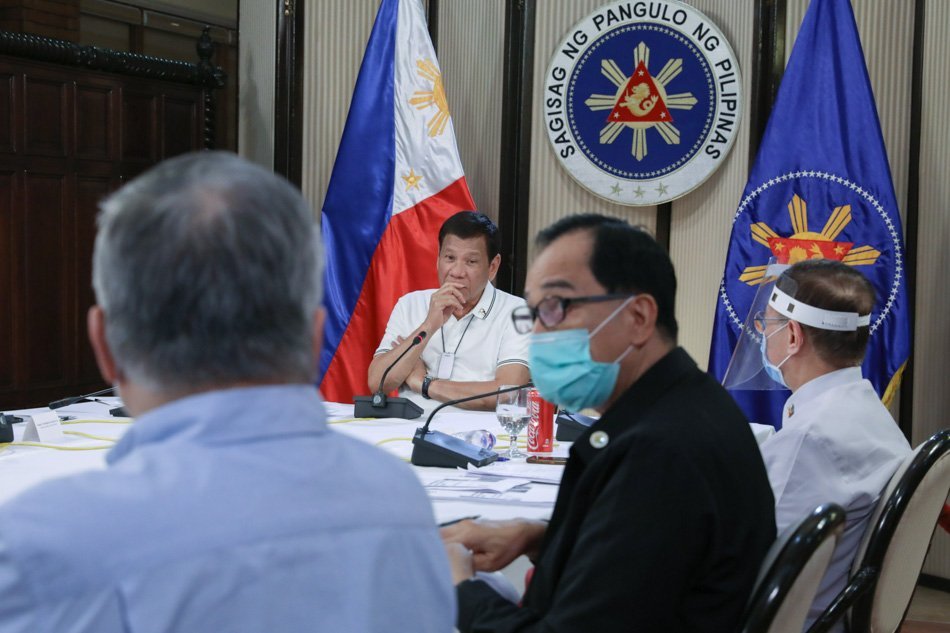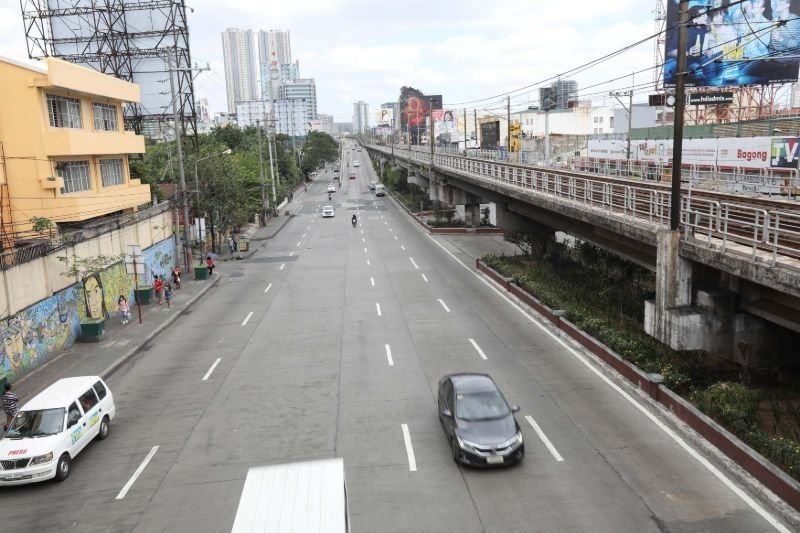What happens under general community quarantine (GCQ), the “new normal”

Today, Friday, April 24, Presidential spokesperson Harry Roque confirmed that President Rodrigo Duterte approved the recommendation of the Inter-Agency Task Force for the Management of Emerging Infectious Diseases (IATF) to extend the enhanced community quarantine in Metro Manila, Central Luzon, Calabarzon and other “high-risk” areas until May 15. The said enhanced lockdown extension includes Metro Manila, Pangasinan, Bataan, Bulacan, Nueva Ecijia, Pampanga, Batangas, Cavite, Laguna, Rizal, Oriental Mindoro, Occidental Mindoro, Albay, and Catanduanes.

The task force also recommended placing the islands of Cebu and Panay and the provinces of Davao Del Norte, as well as Davao City, under ECQ.
However, Roque said that the inclusion of Benguet, Pangasinan, Tarlac, and Zambales under enhanced lockdown are up for reevaluation by April 30. Meanwhile, the situation in Antique, Iloilo, Aklan, Capiz, Cebu, Cebu City, Davao del Norte, Davao City, and Davao de Oro will be rechecked. Meanwhile, moderate-risk areas will be under general community quarantine until May 15 but will also be subject to evaluation. IATF explained that low-risk areas will be placed under a less stringent “general community quarantine” starting May 1. Thus would further be relaxed to “normalization” if there is no deterioration.
For areas placed under general community quarantine, the following will be observed:
- workers and sectors in category I, II and III may continue to work or operate in phases;
- the general population may go out of their homes only for purposes of accessing basic necessities;
- in any case, those with ages below 21 years old and those 60 years old and above as well as those with ages ranging from 21 years olf but below 60 years old but who reside with co-morbidities or other risk factors shall stay home;
- non-leisure stores in malls and shopping centers may partially open;
- higher education institutions may continue classes to finish the academic year and issue credentials to students. This process is in accordance with guidelines as may be issued by the Commission on Higher Education;
- priority and essential construction projects may resume in accordance with guidelines as may be issued by the DPWH;
- public transportation may operate at a reduced capacity in accordance with guidelines as may be issued by the DOTr;
- local government units shall enforce curfew at night for non-workers; and
- airports and seaports may operate insofar as the unhampered movement of goods.
The Second Extension
The initial enhanced community quarantine is due to end on April 30. In fact, this is the second extension of the enhanced community quarantine in Metro Manila. The community quarantine, which was implemented last March 15, scheduled to last only until April 14.

As of this writing, the country has recorded 6,981 cases of COVID-19, including 722 recoveries and 462 fatalities.
The World Health Organization has warned that the global pandemic had a long way to go before it would be eradicated.





